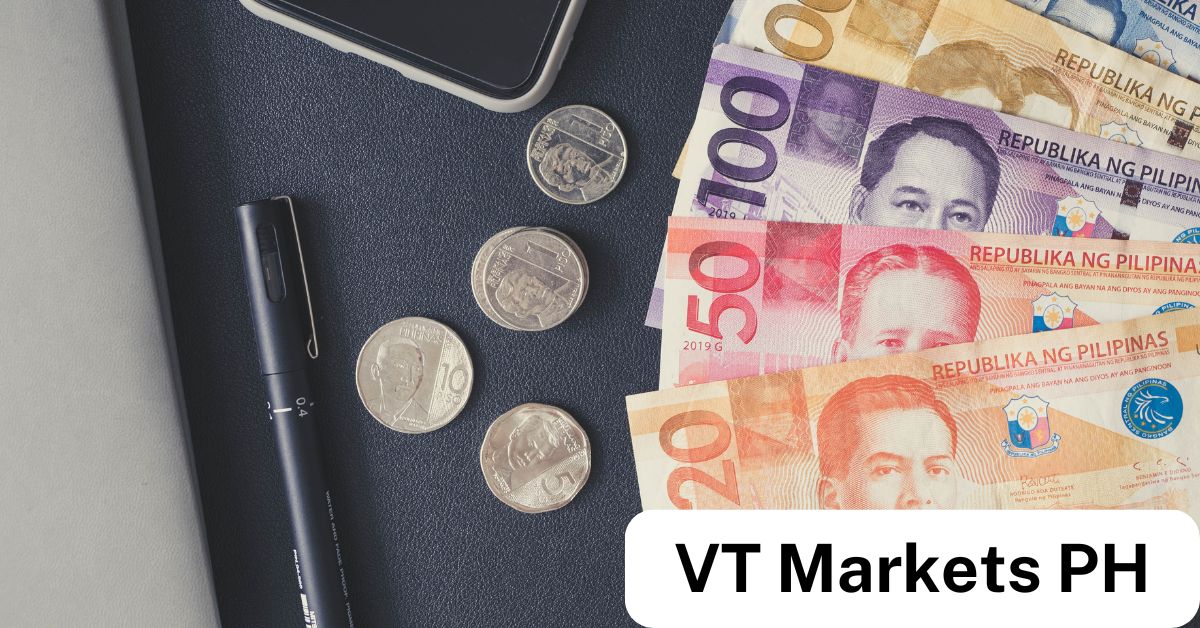
Understanding Forex Tax in the Philippines
Forex trading is an investment option where people profit from currency exchange rate fluctuations. Understanding the tax implications is crucial. This article explains the taxation aspects of forex trading in the Philippines.
The Importance of Proper Tax Filing in the Philippines
Proper tax filing in the Philippines is crucial for legal compliance, avoiding penalties, and supporting public services like education and healthcare through national treasury contributions. It demonstrates fiscal responsibility and integrity, fostering a culture of transparency. Additionally, it aids in maintaining a good credit history, essential for financial transactions. Essentially, timely and accurate tax filing is key to the nation’s development and societal equity.
Taxation of Forex Trading Profits
The Bureau of Internal Revenue (BIR) in the Philippines regulates forex trading fees. Tax treatment depends on residency, trading purpose, and frequency.
#1. Resident Traders:
Resident traders in the Philippines are subject to tax on their worldwide income, including forex trading profits. Additionally, the BIR categorizes trading as either a business or professional activity, subjecting profits to taxation under the country’s tax laws..
Trading profits fall under the category of ordinary income and are subject to the applicable income tax rates. Hence, these rates are progressive and vary based on the amount of taxable income earned during the tax year. Therefore, it is important for resident traders to report their trading profits to BIR accordingly.
#2. Non-Resident Traders:
The Philippines classifies individuals who do not meet the residency requirements for tax purposes as non-resident traders. They are typically taxed only on income derived from Philippine sources. If the profits from forex trading activities are not sourced within the country, they may not be subject to Philippine income tax.
However, it is important for non-resident traders to consult with a tax professional to understand their tax obligations.
Read this Article on “Why You Can Consider Forex Trading in The Philippines“
Tax Deductions and Allowable Expenses
Like any business activity, forex trading in the Philippines allows traders to deduct certain expenses that are related. Consequently, these deductions can help reduce the taxable income and the overall tax liability. Some common deductions and allowable expenses for traders include:
#. Brokerage Fees: Traders can deduct brokerage fees paid to forex brokers for executing trades.
#. Trading Software and Tools: Expenses incurred for acquiring and maintaining trading software can be deductible.
#. Education and Training: Costs associated with attending seminars, courses, or workshops can be considered as allowable expenses.
#. Internet and Communication Costs: Traders can deduct a portion of their internet and communication expenses that are directly attributable to their trading activities.
For instance, the $500 you paid to VT Markets as brokerage fees last year can be deducted from your taxable income, almost like getting a loyal customer discount at your favorite ‘sari-sari’ store! And let’s not forget the $200 you shelled out for that top-of-the-line trading software; that’s also tax-deductible.
If you’ve been investing in your trading education, good news! The $300 you spent on that insightful forex trading seminar? Deductible as well, akin to investing in a ‘palengke’ stall that pays off all year long. Even the 30% of your yearly internet bill, directly linked to your trading activities, can be claimed as a tax deduction. All these deductions can be like a financial ‘halo-halo,’ mixing various elements to help you save on your overall tax liability.
However, as the saying goes, ‘when in doubt, consult,’ so it’s always a good idea to talk to a tax professional to make sure you’re in complete compliance with Philippine tax laws.
Record-Keeping and Compliance
To ensure accurate reporting and compliance with tax regulations, it is essential to maintain detailed records of your trading activities. Additionally, this should include keeping track of trades executed, profit and loss statements, and any supporting documentation.
By doing so, you can show proof of your trading activities and accurately calculate your tax.
Consulting a Tax Professional
Tax regulations and obligations can be complex, and they may vary based on individual circumstances. Therefore, it is recommended that forex traders in the Philippines seek guidance from a qualified tax professional.
Filing Your Forex Tax Properly, To Avoid Breaking the Law
In summary, Forex trading can be a potentially profitable venture, but it is important to be aware of the associated tax obligations. Moreover, resident traders are generally subject to tax on their forex trading profits, while non-resident traders may have different tax considerations.
It is crucial to understand the tax treatment in order to ensure compliance with Philippine tax laws.
Embark on your forex trading journey with VT Markets Philippines—where cutting-edge tools and expert support ensure your success and tax clarity. Sign up now!







